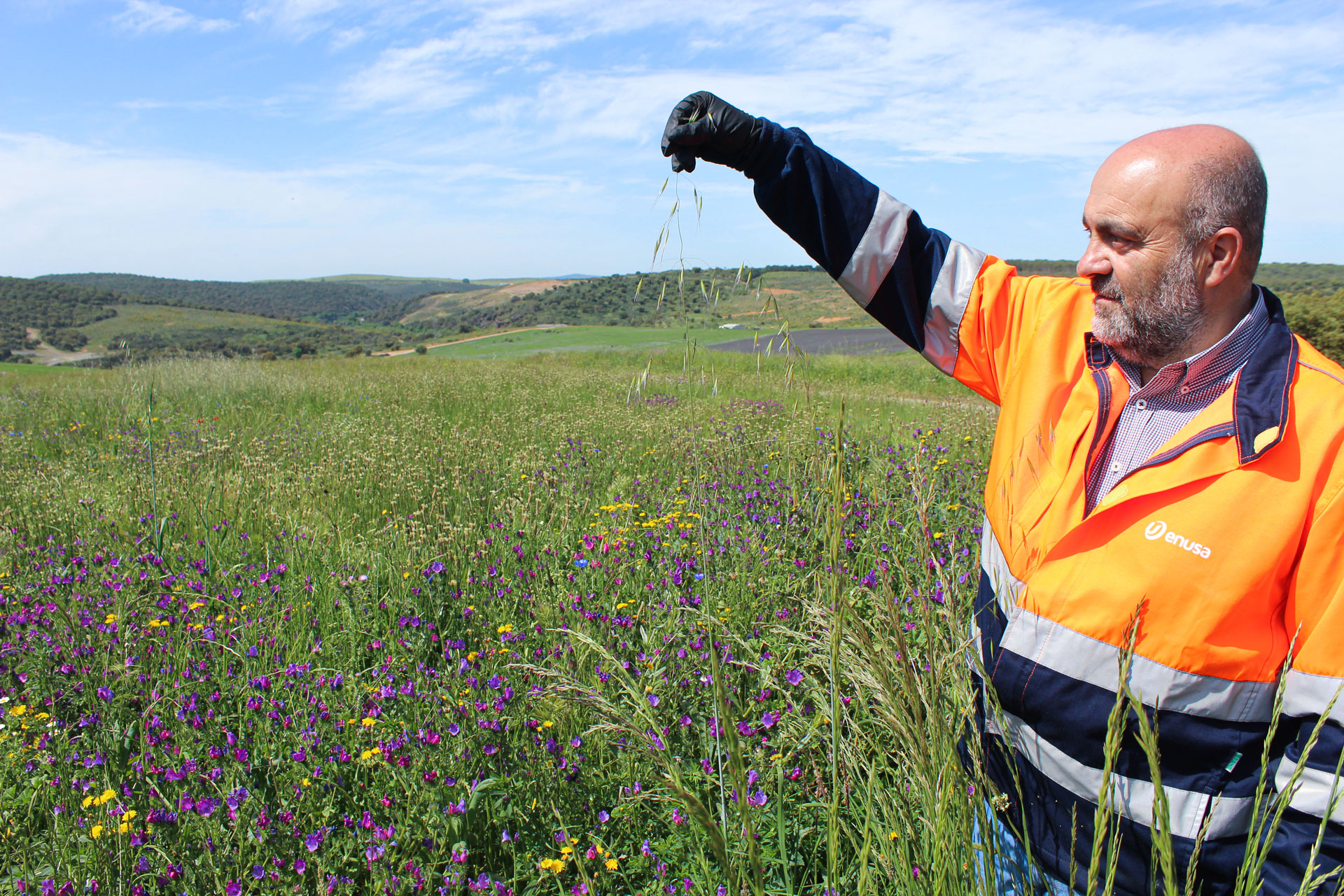Environmental business
Currently the company focuses its nuclear business on the first part of the fuel cycle that it markets both nationally and internationally.
Our environmental business focuses on services for environmental conservation and energy efficiency.
Through our subsidiary EMGRISA we carry out the treatment and management of all types of waste, characterisation and treatment of contaminated soil and water, environmental engineering and consultancy and radiological studies.
EMGRISA collects, transports and manages hazardous and non-hazardous industrial waste, prioritising reuse and recovery actions.
We design, build and operate plants for recovery of municipal solid waste (MSW) and assimilable waste and the treatment of agro-livestock and agro-industrial waste to obtain biogas and agronomic recovery of digestate.
We carry out all types of research studies of contamination in the subsoil, decontamination actions using the best available techniques, design of solutions based on analysis of alternatives and development of pilot tests and proprietary technology for in situ treatment of soils and sludge contaminated by organic compounds.
We also carry out feasibility studies, basic and detail engineering for the treatment of waste, contaminated soil and water and sites with radiological impact.
As a complement to these activities, our environmental area oversees the restoration of former uranium mining facilities. ENUSA is currently carrying out two decommissioning programmes, one in La Haba (Badajoz), which is in the long-term monitoring and control phase, and another at Saelices el Chico (Salamanca), which is in progress, with facilities pending decommissioning.
The ultimate objective of the decommissioning work was, and is, to ensure that, once completed, the environmental and radiological conditions at the sites are as close as possible to those existing prior to operation.
Our business areas
EMGRISA
Gestión de resíduos sólidos urbanos
Environmental engineering and consultancy
Restoration of mining facilities
EMGRISA
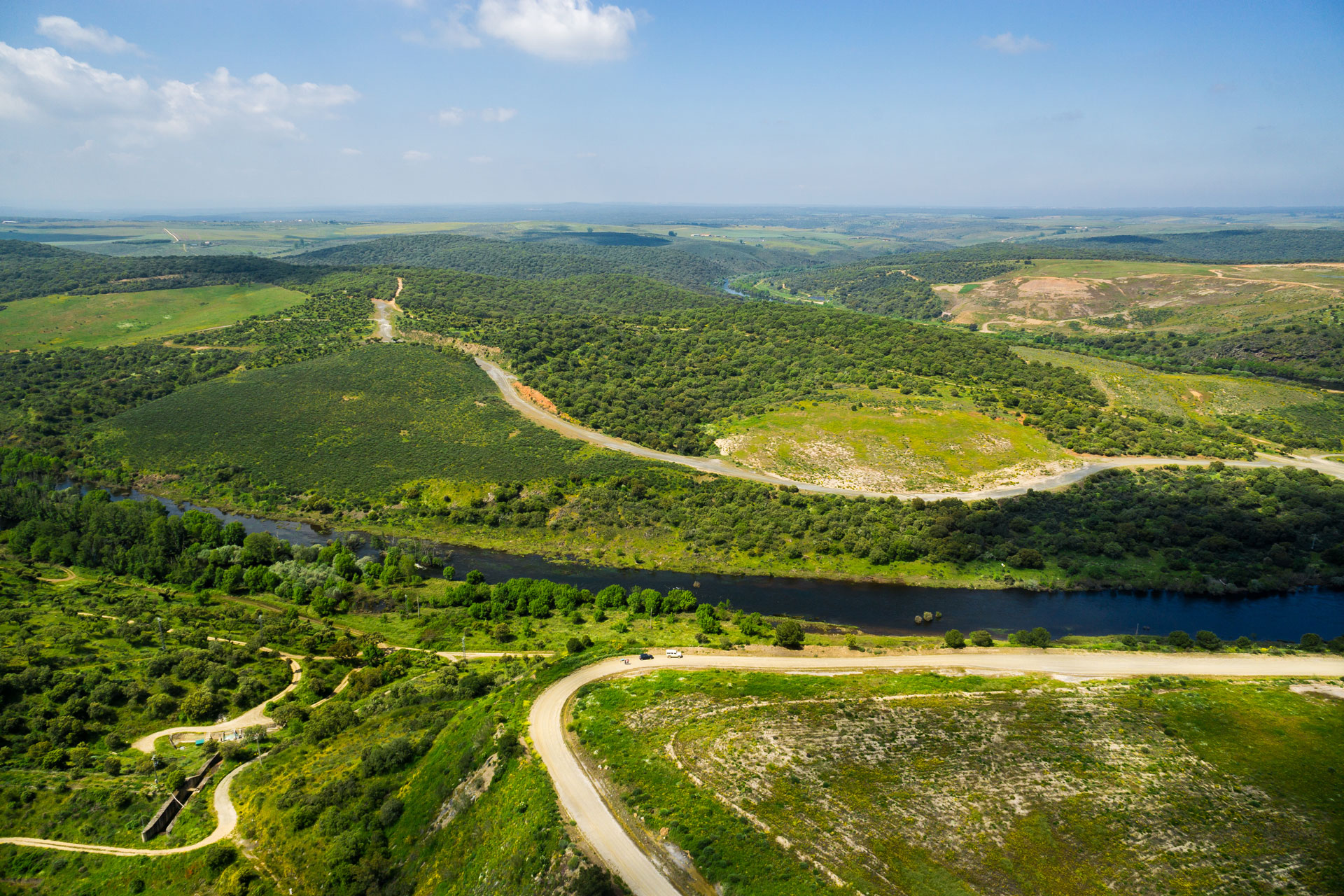
Empresa para la Gestión de Residuos Industriales, S.A., S.M.E., M.P. (Emgrisa), was set up in 1990 as an instrument of the Ministry of the Environment to carry out the objectives of the national industrial waste and soil decontamination plans. Since 2003 it has belonged to the ENUSA Group.
Emgrisa is an own medium and technical service of the General Administration of the State and the state public sector, according to Law 30/2007 on Public Sector Contracts, since 11 May 2009.
Its main activities are the integrated management of Hazardous and Non-Hazardous Waste and the treatment of contaminated soil and water.
Emgrisa has two treatment and transfer centres for hazardous waste: one in Extremadura and the other one in Castilla-La Mancha. It also has stakes in two companies: REMESA, Centro de Gestión de los Residuos de la ciudad autónoma de Melilla (Waste Management Centre of the Autonomous City of Melilla), and CETRANSA, Centro Integral de Tratamiento de Residuos industriales peligrosos (Integral Hazardous Industrial Waste Treatment Centre) in Valladolid.
Since 2014, it has been carrying out ENUSA's environmental engineering and consultancy work, as well as the marketing of services in the management of solid urban waste treatment and agro-livestock and agro-industrial waste.
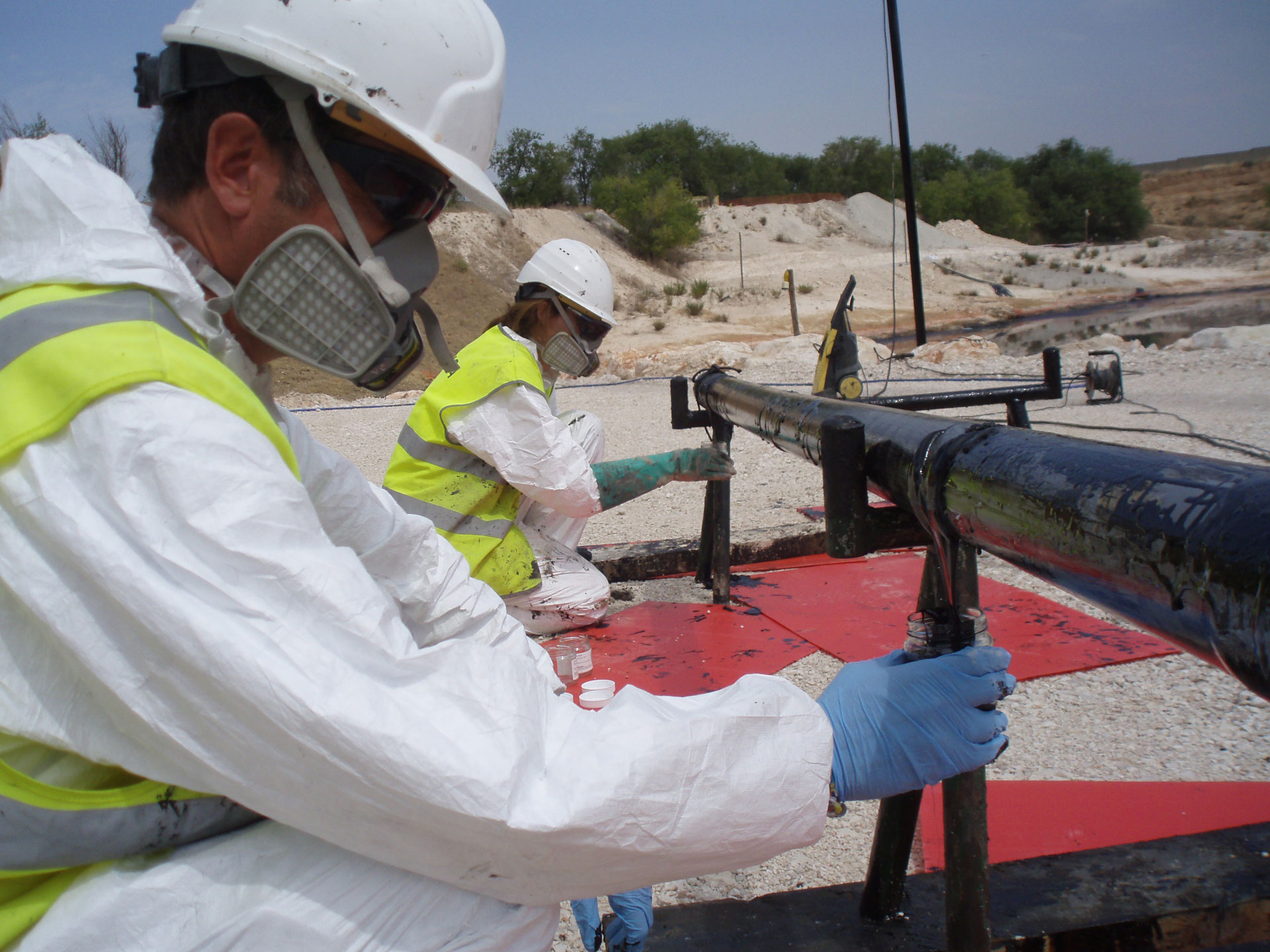
Municipal solid waste management
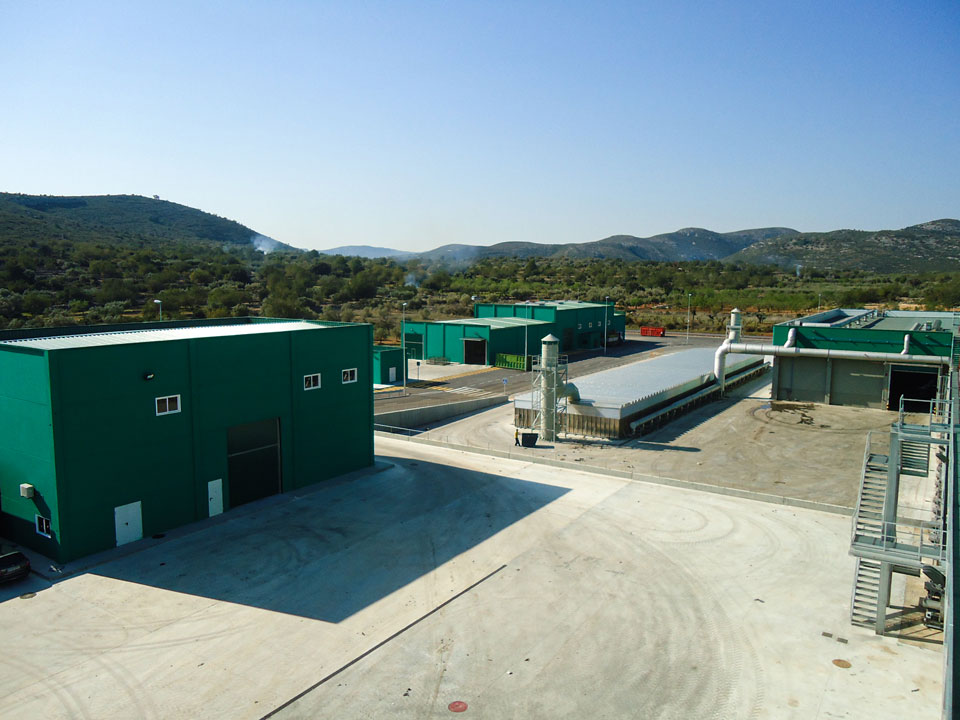
The process consists of two phases:
- Municipal solid waste undergoes a bio-drying process to degrade the organic matter and reduce its weight, so that the resulting materials can be treated, used or handled in more efficient and healthier conditions.
- The part obtained is subjected to sortingand any recyclable materials it may contain are recovered.
In 2010 we started up in Cervera de Maestre (Castellón) a waste treatment plant that covers 49 municipalities in zone I of Castellón, which we operate in collaboration with FOBESA Valorización de Residuos, S.L. and A2A Ambiente, S.P.A.. This is the most advanced biotechnological plant in Spain, which makes it possible to obtain waste with a high calorific content.
Environmental engineering and consultancy
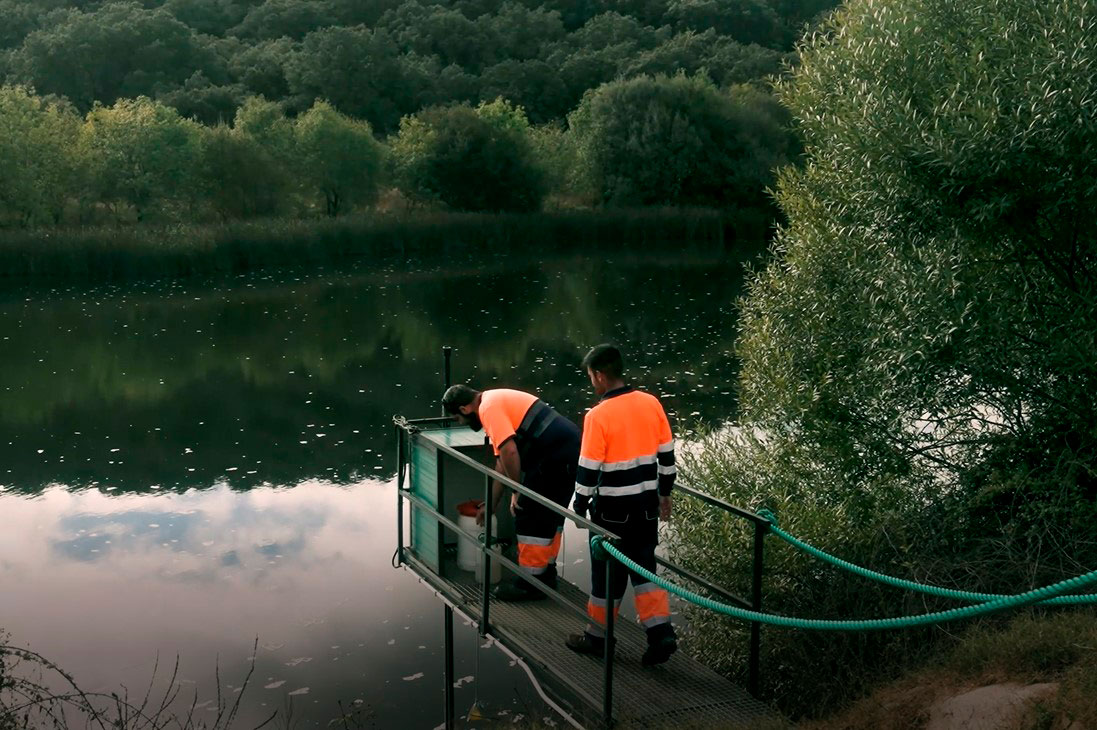
We carry out environmental consultancy and technical assistance activities.These activities focus on the restoration and landscape integration of land affected by industrial and mining activities. In addition, we develop new energy applications for waste through the operation of biogas and municipal solid waste plants. We also carry out radiological studies.
- PWR: Pressurised water reactors, under license from Westinghouse
- BWR: Boiling Water Reactors, General Electric
- VVER: Pressurised water reactors, in collaboration with Westinghouse
Our capabilities are:
- Radiological characterisation of sites.
- Radon exposure study in accordance with the provisions of Royal Decree 1439/2010, of 5 November, amending the Regulation on health protection against ionising radiation.
- Environmental radiological impact assessment of NORM industries.
- Design and implementation of environmental radiological monitoring programmes.
- Conducting physico-chemical and radiological tests on water, soil, sediment, biota and air filter samples.
- External personal and environmental dosimetry services.
Restoration of mining facilities
Our aim is to restore the affected natural area to its original state.
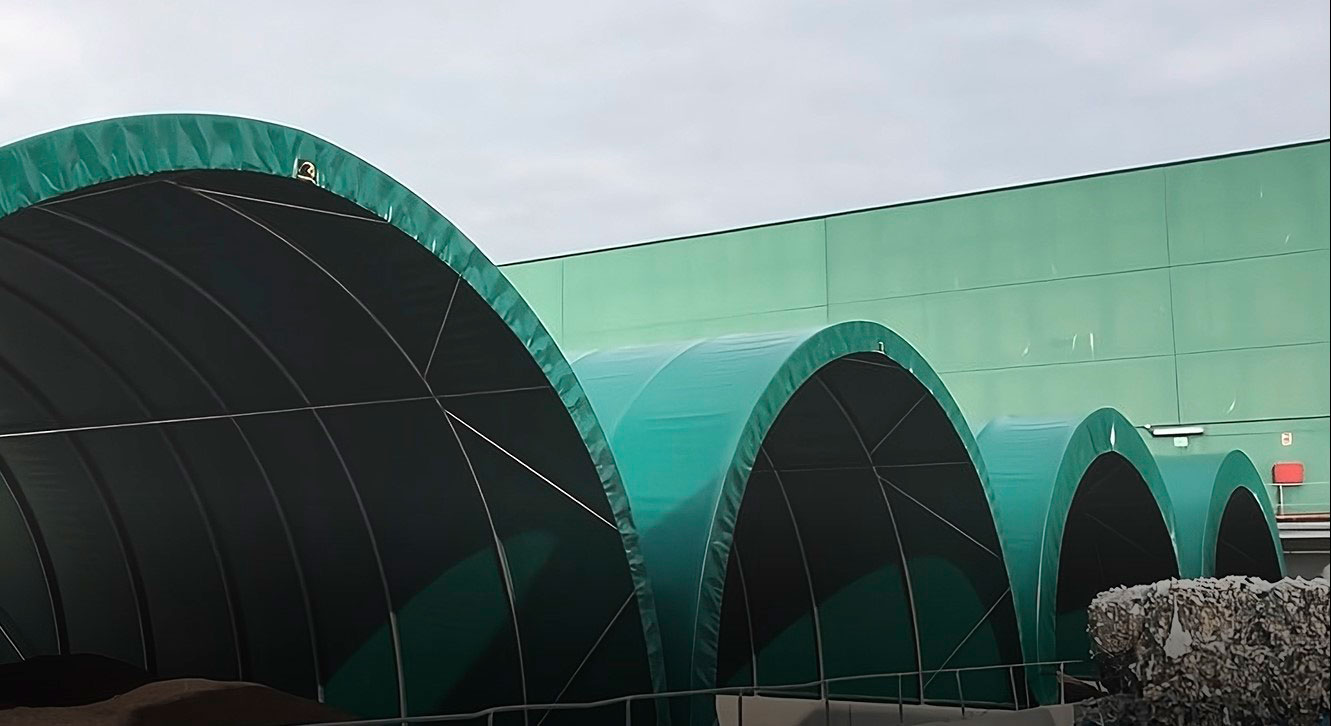
Since 2001, through our Centre in Saelices el Chico (Ciudad Rodrigo, Salamanca), we have started the restoration of the former uranium mines at Saelices el Chico (operated from 1972 to 2000) and the decommissioning of the uranium concentrates plant as a first class radioactive facility.
The aim of this restoration is to restore the affected natural area to its original state, with environmental and radiological conditions as similar as possible to those prior to mining.
At present, these environmental remediation activities are focused on the monitoring and control of decommissioned radioactive facilities and remediated mining operations, as well as on the chemical treatment of contaminated water (essential and necessary until the appropriate quality is achieved for direct discharge into public watercourses).
Still to be dismantled is the Quercus treatment plant,in a situation of definitive cessation of operations. The entire process is being carried out under the strict supervision of the respective competent bodies: Nuclear Safety Council, Territorial Service of Industry, Commerce and Tourism (Mining Section) and Territorial Service of Environment of the Regional Government of Castilla y León.
ENUSA is also involved in the environmental restoration of uranium mining sites in La Haba (Badajoz), which were active from 1981 until 1990, when production activities were stopped and restoration activities began. Since the decommissioning declaration was obtained in 2004, the restored site has been under long-term monitoring and control.
